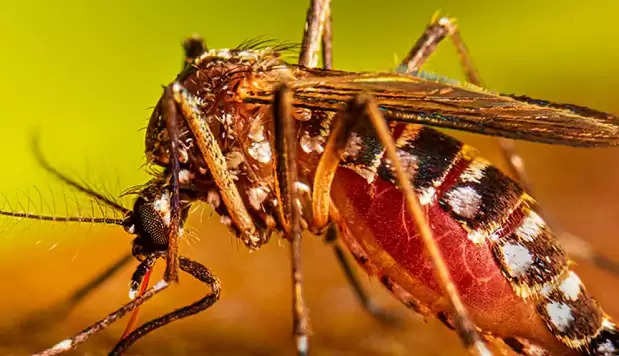Dengue Virus: The time from the rainy season to the beginning of winter is considered the dengue season. During this time, dengue outbreak is seen in the neighborhood. But now the dengue mosquito will not be able to bother you much. In fact, studies have revealed that the anti-dengue vaccine 'Qdenga' has shown more than 50 percent effectiveness in reducing the cases of this disease and its effect lasts for a long time.
This information has been obtained from a review of 19 studies. This is the first comprehensive review globally that included more than 20 thousand people. It found that after receiving two doses of the vaccine, more than 90 percent of adults and children generated immune responses against all four types of dengue. Of these 19 studies analyzed, 13 had data from Asian and South American places where dengue is endemic. This vaccine was pre-approved by the World Health Organization in May.
Given the results in terms of safety, immunogenicity and efficacy, two doses can undoubtedly be an important tool for the prevention of dengue, said Maria Elena Flacco from the University of Ferrara in Italy and lead author of the study published in the journal Vaccine.
'Kudeng' vaccine,
Developed by Japan-based Takeda Pharmaceutical Industries Ltd., the vaccine, also known as TAK-003, contains weakened versions of all four types of the DENV virus (dengue). The authors also found that more than 70 percent of adults and more than 90 percent of children and adolescents who received one dose of the vaccine developed antibodies against the viral infection.
The authors said the sample size of one study, which lasted four and a half years, was large enough to provide strong evidence of the long-term safety (and immunogenicity) of TAK-003.
Not yet approved in India
In February, Takeda and Hyderabad-based Biological E Ltd announced a strategic partnership to expand access to the 'Qdenga' vaccine. The vaccine has not yet been approved for use in India. The study authors said that 'the Qdenga vaccine has shown promising results, but comprehensive estimates of its efficacy and safety are not available.
 look news india
look news india
